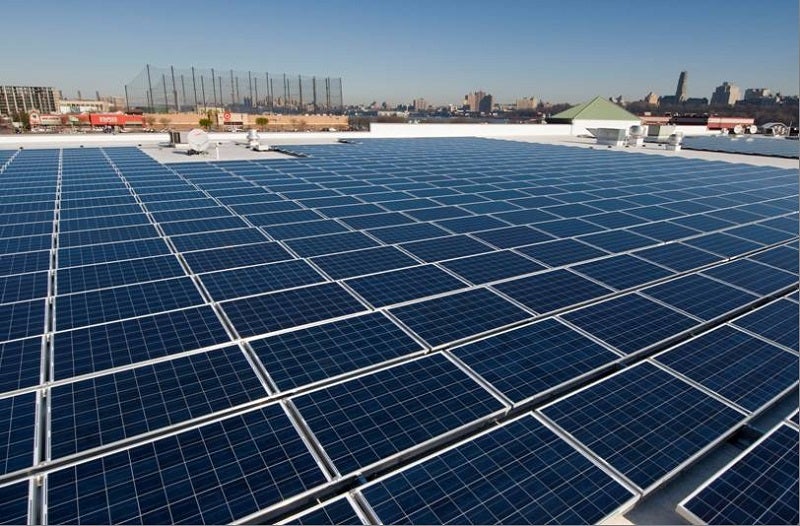
Research group the Institute for Energy Economics and Financial Analysis (IEEFA) has criticised the UK Government’s policy on solar markets even though solar has become more affordable and has significant potential.
IEEFA said that the UK’s large-scale solar market ended in 2017 when it issued the last green certificates for ground-mounted solar farms, and auctions to fund large-scale solar projects ended in 2015.

Discover B2B Marketing That Performs
Combine business intelligence and editorial excellence to reach engaged professionals across 36 leading media platforms.
The group also noted that the UK ended the feed-in tariff scheme for residential solar panels without a replacement in March 2019, which means that solar panel users no longer receive payment for creating their own energy. The government’s policy on feed-in tariffs was previously criticised by industry body Scottish renewables for similar reasons.
The UK Government has also proposed to raise VAT on solar panels to the standard 20% from the current reduced rate of 5%. Energy regulator Ofgem may also apply a £64 flat rate fee for houses for using the grid rather than per unit of consumption, which would lead to increased bills for those who generate solar power and use less mains power.
IEEFA said that these policies have limited the UK solar market to ‘gradual growth’ since 2015, growth that will eventually stall. This is despite solar power ranging between 10% and 25% of the daily share of energy generation in May 2019.
IEEFA’s analysis concluded that: “The UK Government has said it is considering a market alternative to the scrapped solar feed-in tariff. To avoid further harm to the industry, it should consider delaying the VAT hike and network charging plans until that expected new solar grid export income is baked in.”

US Tariffs are shifting - will you react or anticipate?
Don’t let policy changes catch you off guard. Stay proactive with real-time data and expert analysis.
By GlobalDataThe Department for Business, Energy and Industrial Strategy (BEIS) spokesperson responded: “We’re committed to ensuring millions of small-scale generators receive a payment for the energy they export to the grid, which is why we set out proposals for the Smart Export Guarantee.
“We want to see innovation and competition from energy suppliers to ensure all consumers and businesses generating their own electricity save money on their bills.”





